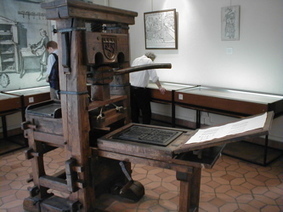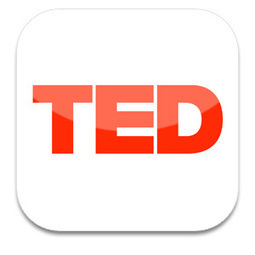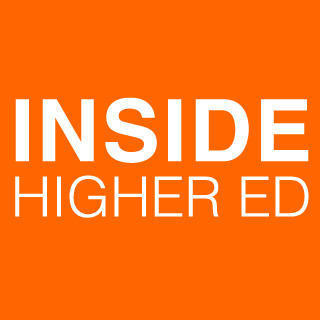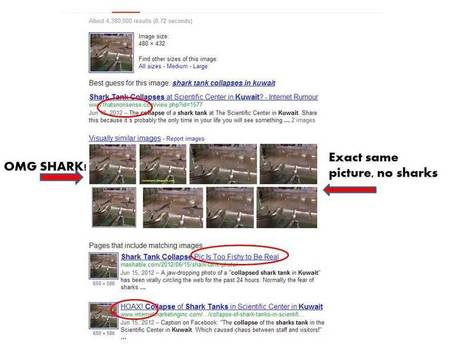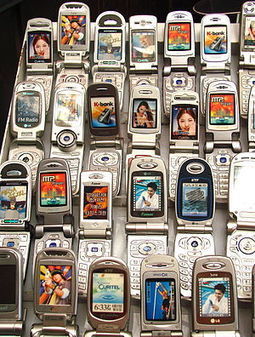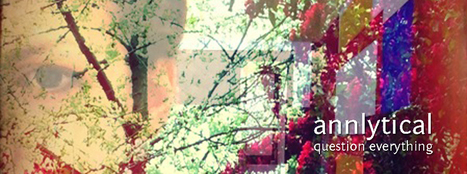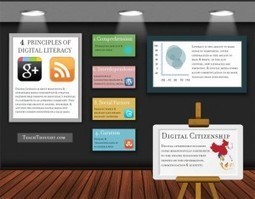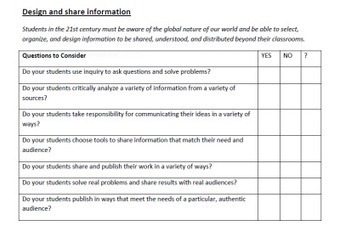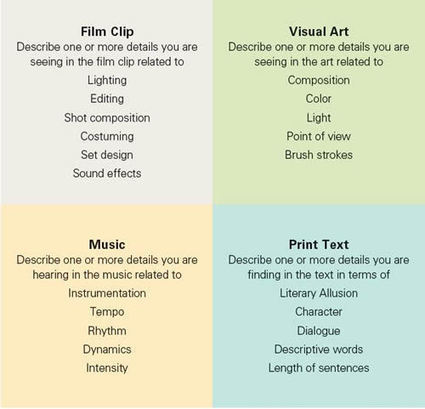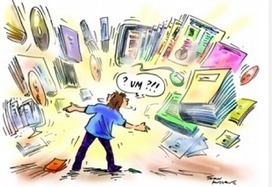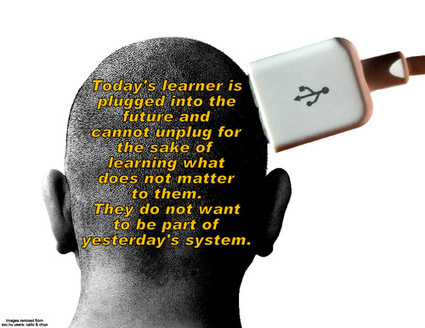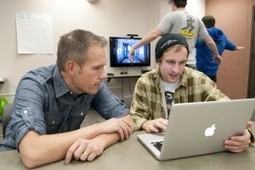Research and publish the best content.
Get Started for FREE
Sign up with Facebook Sign up with X
I don't have a Facebook or a X account
Already have an account: Login
How do we define it, teach it, know it when we see it?
Curated by
Mary Reilley Clark
 Your new post is loading... Your new post is loading...
 Your new post is loading... Your new post is loading...

Christine Margocs's curator insight,
February 17, 2013 8:31 AM
One more article for the digital literacy/ footprint toolbox!
Nancy Jones's curator insight,
February 19, 2013 9:23 PM
This has some great examples and interesting lists. Seems to be a strong suggestion that parent Ed about this is equally important |

Katy Vance's curator insight,
February 27, 2013 12:47 PM
This is excellent, particularly #1 and #5, the Howard Rheingold resources. 
G Andrew Page's curator insight,
March 9, 2013 6:52 PM
Evaluating credible resources effectively is a key skill! |






